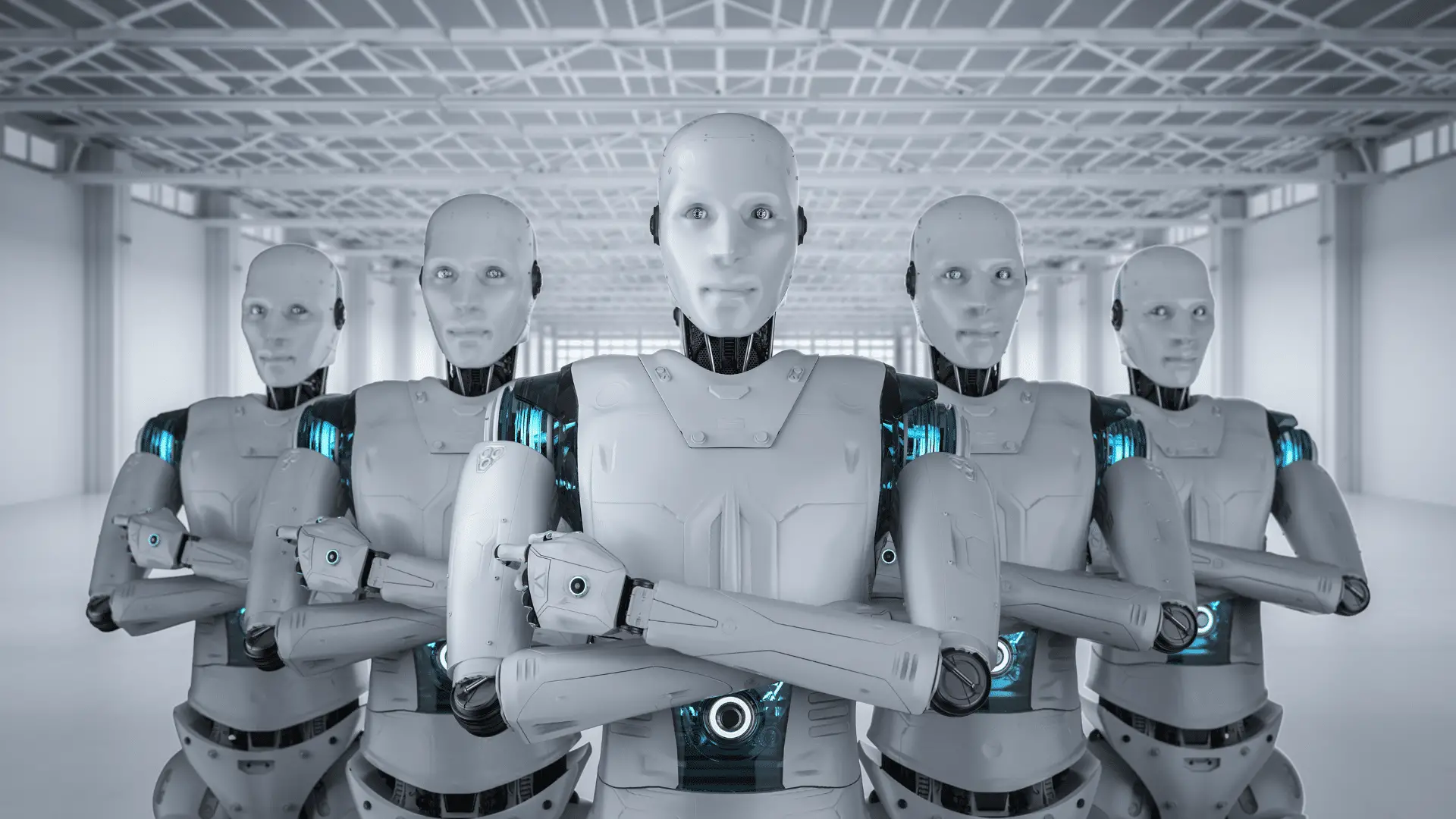Table of Contents
Artificial Intelligence (AI) and Robotics have quickly emerged as leading technologies, revolutionizing industries while altering our perception and interaction with machines. Artificial Intelligence can be traced back to an early desire to create machines capable of replicating human cognitive functions; today, this multidisciplinary field encompasses machine learning, computer vision, natural language processing and robotics, among many other subdomains.
Understanding Artificial Intelligence and Robotics
AI seeks to endow machines with traits of Intelligence like logical reasoning, problem-solving, awareness, learning, and planning. A key challenge in programming machines to act and respond like humans requires intricate scientific work and accessing world knowledge containing objects, categories, properties and their relationships – these must all be provided to ensure maximum AI efficiency.
Machine Learning as the Foundation of Artificial Intelligence
Machine Learning, a key aspect of Artificial Intelligence (AI), allows machines to make sense of data and improve over time. Unsupervised learning entails finding patterns in input streams, while supervised learning involves classification and regression analyses. Computational Learning Theory encompasses this field.
Machine perception and computer vision are critical components of AI, involving the interpretation of sensory input to gather information about our environment. Facial recognition, object recognition and gesture interpretation are some of the many subproblems within computer vision that demonstrate how widely its applications can extend.
ALSO READ: HOW ARTIFICIAL INTELLIGENCE IS TRANSFORMING THE WORLD
Robots Are Important Allies in Education

Artificial intelligence and robotics are closely intertwined. Robots represent one such application of intelligent machines in real life. Their abilities to manipulate objects, navigate environments and complete various tasks are the ultimate application of AI principles at work – with challenges such as physical-world interaction necessitating strategies and representations beyond cognitive domains for success.
Artificial Intelligence (AI) plays an instrumental role in robotics by answering critical questions regarding the information needed, its representation and utilization. From mechanical components and sensors to device effectors, AI has made significant contributions across every facet of robotics; its effect can be seen through advances related to physical object perception, reasoning about space planning routes, and uncertainty compliance.
Applications in Diverse Industries
Artificial intelligence and robotics have an impactful presence in multiple sectors, from healthcare to logistics, e-commerce, gaming and military planning. AI plays an essential role in medical diagnosis with its use of machine learning algorithms for data mining vast datasets to offer insight into complex medical conditions; logistics and military planning benefit from robotics’ precision in navigating challenging terrains while carrying out complex tasks efficiently and successfully.
AI-driven recommendation systems enhance customer experience in e-commerce by analyzing preferences and suggesting relevant products. Gaming uses AI to create non-player characters for immersive and challenging game experiences; AI/computational biology brings groundbreaking discoveries while further understanding complex biological processes.
Opportunities and Challenges
As we look toward the future, AI and robotics’ potential is breathtaking and terrifying. Predictions indicate that artificial general Intelligence (AGI), capable of outperforming humans in all cognitive tasks, might become a reality within two or three decades – an achievement which would revolutionize science and technology as we know it, opening up unprecedented avenues for disease treatment, poverty eradication, space exploration, etc.
However, with great power comes great responsibility. AGI also raises ethical considerations, concentration of power issues, and unexpected accidents; balancing taking advantage of AI’s vast potential while mitigating any associated risks is imperative for policymakers, researchers, and technologists.
Conclusion
Artificial Intelligence and Robotics represent a transformative force with the potential to alter human existence. While our collective explorations into Artificial Intelligence and robotics have already yielded remarkable achievements, further progress requires a cautious approach. As we stand on the precipice of an AI future where machines may even surpass human Intelligence, ethical considerations, foresight, and commitment must all be applied in approaching these advancements with integrity to ensure benefits accrue equally throughout society – this combination holds the key for creating a world where technology serves humanity rather than vice vice vice.
